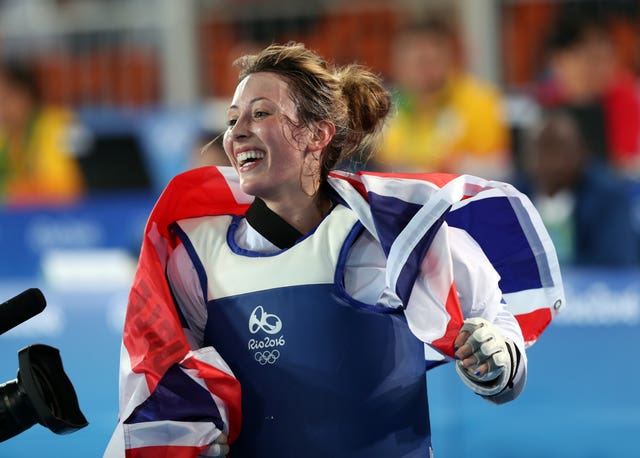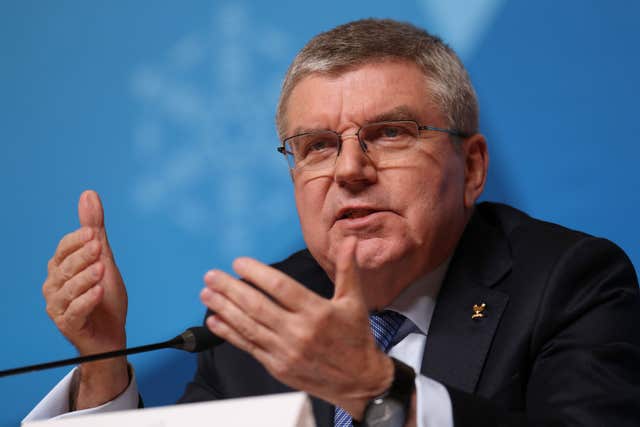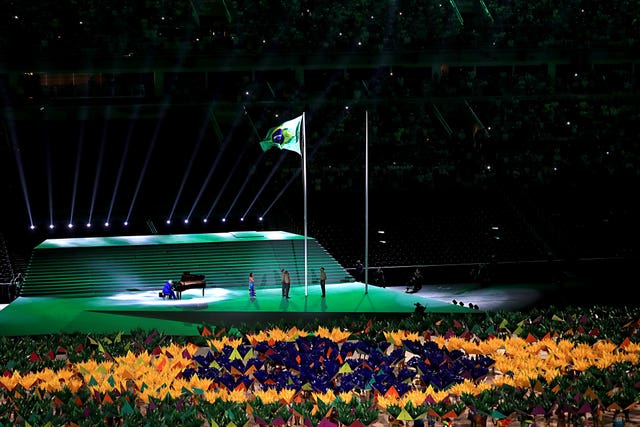Pick your own prospective star of the Tokyo Olympics.
Dina Asher-Smith, Katarina Johnson-Thompson, Jade Jones, Adam Peaty, Max Whitlock, Ali Brownlee, Sky Brown, Laura and Jason Kenny: all bring hopes and dreams and potential headline acts.
And yet 100 days from the start of the rearranged Games in the Japanese capital, it feels awkward to aim to single out those with the best opportunities to fulfil medal quotas and keep the Union Jack fluttering high.

Tokyo 2021 is no more about winning at all costs than it is some kind of global grand gesture of the triumph of the human spirit, a ludicrously grandiose vision so coveted by International Olympic Committee president Thomas Bach.
Watching a victory on a beach volleyball court will not ease the pain of the friends and relations of the more than two million people who have perished as a result of the coronavirus pandemic that forced the Olympics to be postponed in the first place.
Nor will breasting a finish line first serve as a symbol of victory over the virus that has succeeded in shuttering most of the world for the last 18 months and counting.
Viruses do not trail in a disappointing last. They cannot be floored by a big left hook, or out-vaulted by a couple of inches; they do not reflect regretfully on having timed their final surge to imperfection.

The coronavirus will still be circling the day after the Tokyo closing ceremony, when the stadium cleaners will strap on their face-masks and the hotel and guest-house owners will brace once again to count the cost of social-distancing restrictions and vacant rooms.
There are many who believe the Tokyo Olympics should not be taking place at all, that the world has far greater things to worry about than a global sporting event that will over-ride international travel bans and put those involved, and their associates, at unnecessary risk.
Others point out the unfairness of hosting an event in which athletes from some nations will have inevitably endured harsher lockdown regulations – and with it, a lack of access to their usual training regimes – than their rivals from others.

And yet whilst they are both valid arguments – certainly more worthy than those that surround any corporate consequences of a second postponement or cancellation – they fail to make persuasive enough cases to negate the justification for hosting the Games at all.
Unprecedented health and safety measures, from an effective ban on overseas spectators to strict social-distancing and quarantine rules and frequent testing, are expected to mitigate risk to the point where it will have negligible impact outside the immediate Olympic ‘bubble’.
And the ‘unfairness’ argument, whilst undeniably pertinent, simply presents another reason to dispense with the outdated ‘medal table mentality’ – already straining under the weight of allegations against over-bearing trainers – and celebrate Tokyo’s emergent stories all the more for their mere humanity.
Millions of Britons will tune into the Tokyo Games expecting escapism from the gruelling realities of lockdown life. More than ever, they will want to exult in late surges to the line and last-second head-kicks, even plucky clinging-on-for-bronzes and limping-in-lasts.

Less than ever will they care about the broader contexts – that the surefire favourite hadn’t had time to prepare properly, that the stronger heavyweight had turned pro, that it was well outside a PB, that that heroic surge meant we pulled level with Poland in eighth place after three days of action.
That’s why the Tokyo Olympics should and will go ahead, starting in 100 days’ time, and why we will all be free to cheer on our favourites, whomever we choose, whatever vest they wear or language they speak, without any asterisks attached.
They may not be saving the world as Bach seems to hope, but the athletes at the Tokyo Games will secure their own unique place in Olympic history and will have contributed, for a few weeks at least, to a feast of much-deserved distraction before reality inevitably bites again in earnest.







